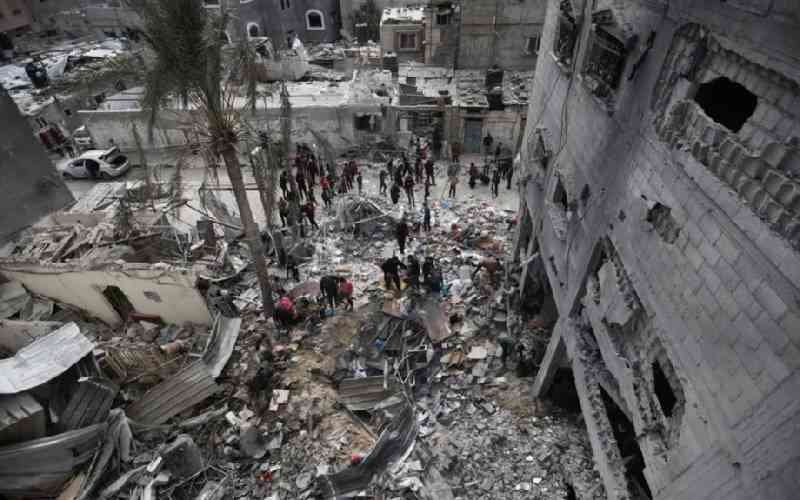×
The Standard e-Paper
Kenya’s Boldest Voice

Gaza Strip telecom provider Paltel reported Friday that fighting in the enclave had caused all communications services to be cut across the territory.
From its official X social media account, formerly Twitter, Paltel said, "Dear people in our beloved homeland, we regret to announce a complete interruption of all services [cellular, landline and internet] with the Gaza Strip, due to the ongoing aggression."